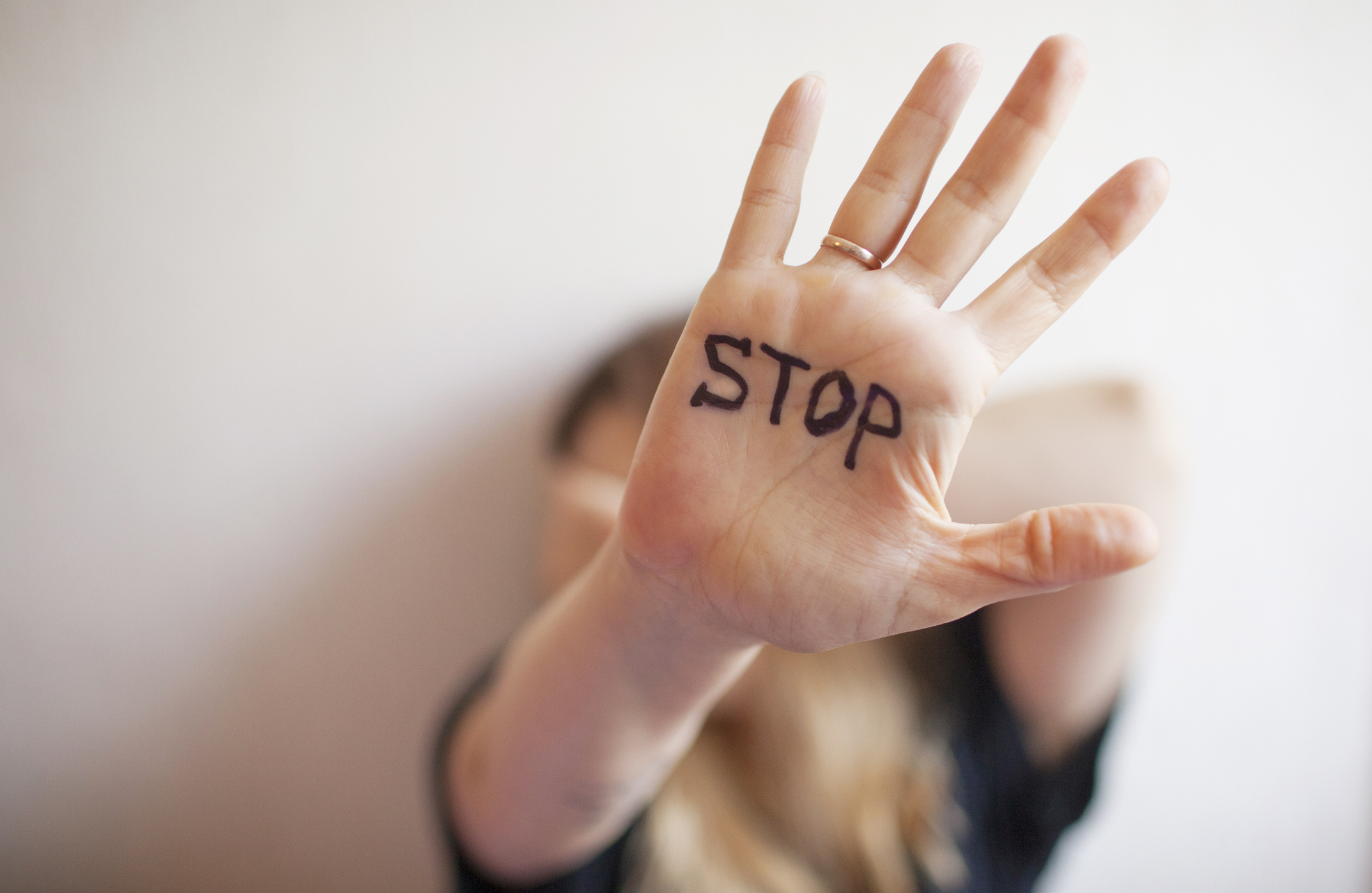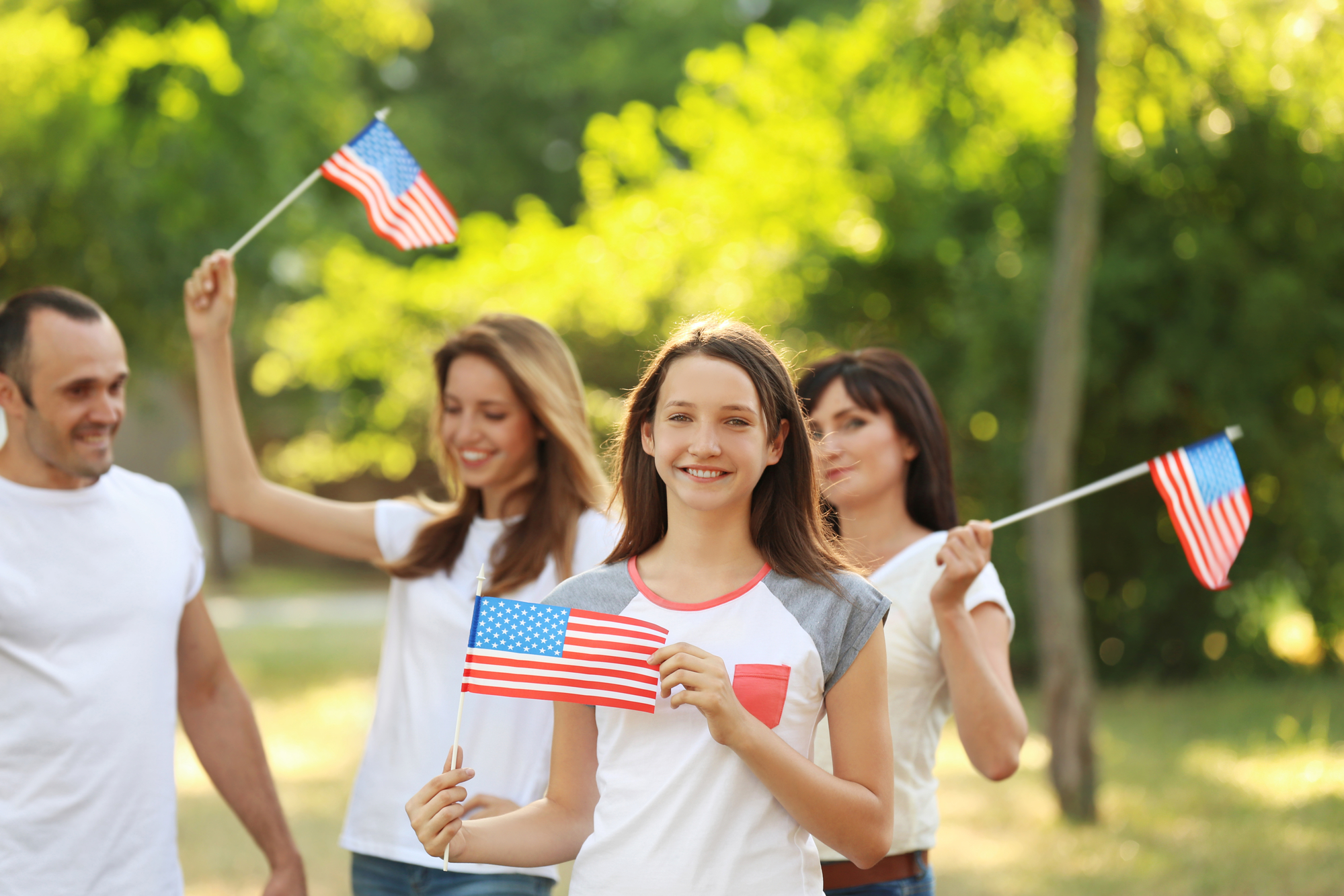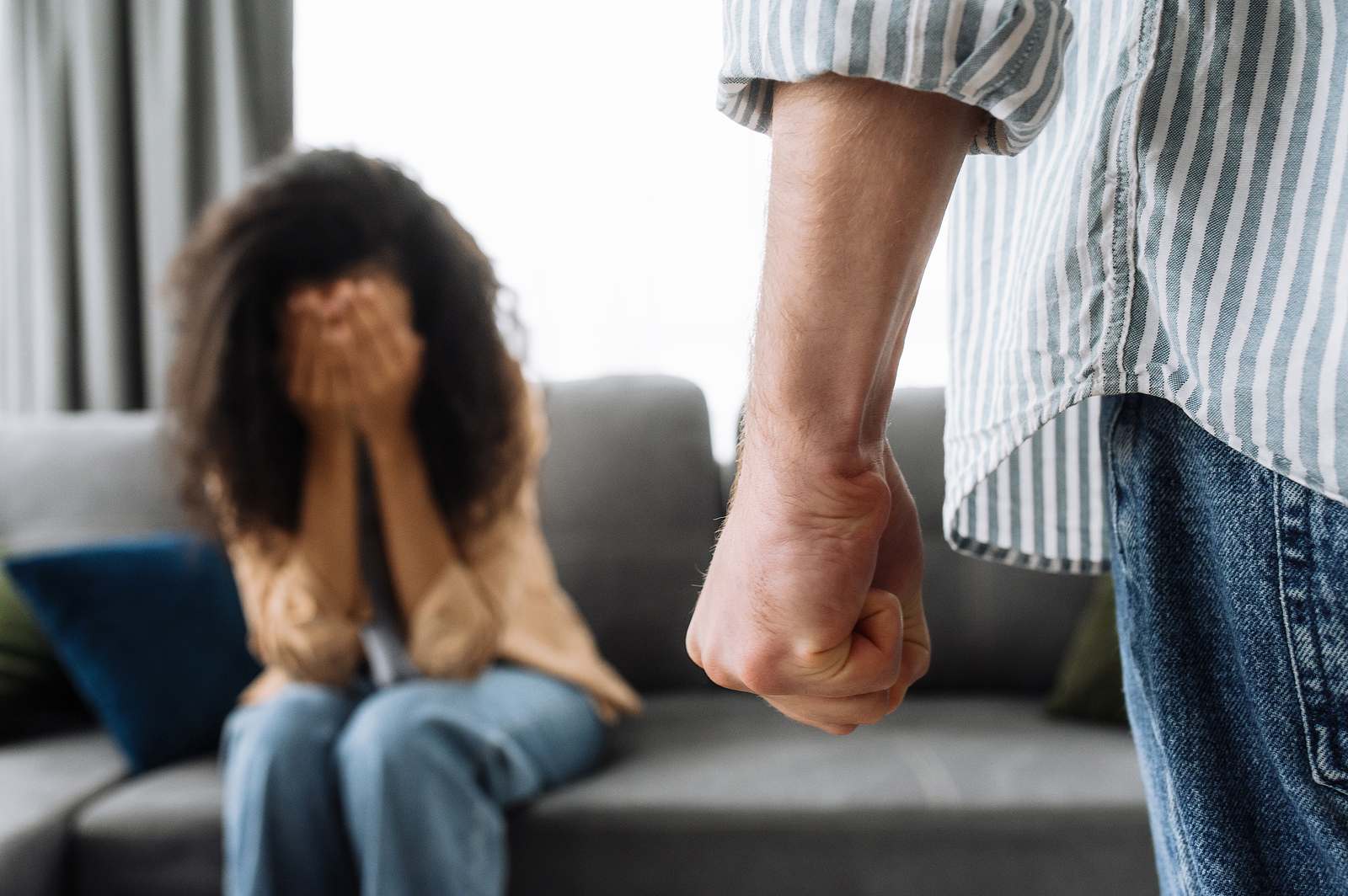What Is VAWA?
VAWA stands for the Violence Against Women Act, a piece of legislation that went into effect in 1994. Among the topics covered in VAWA was something known as self-petitioning. Prior to VAWA becoming law, immigration law mandated that the spouse, child, or parent of a U.S. citizen or legal permanent resident had to rely on the citizen or permanent resident to file for citizenship on behalf of the spouse, child, or parent. This was especially difficult for women in abusive marriages, as it could be an issue the abusive spouse used to control them.
The act changed that and opened the door for the abused immigrant to be able to apply on their own without the help or sponsorship of the abuser. Which means, you could be male or female and still be eligible for VAWA.
What Are the Recent Changes to VAWA’s Immigration Policies?
VAWA was reauthorized in 2022 with some changes. It expanded the definition of abusive and who could be defined as an abuser. It applies to people who are victims of domestic or dating violence, human trafficking, stalking, or sexual assault.
- Abuse: The 2022 reauthorization defines abuse as “the use or attempted use of physical abuse or sexual abuse, or a pattern of any other coercive behavior committed, enabled, or solicited to gain or maintain power and control over a victim, including verbal, psychological, economic, or technological abuse that may or may not constitute criminal behavior”.
- Abuser: The 2022 reauthorization names the following as potential abusers:
- Current or former spouse or intimate partner of the victim
- Person who lives or lived with the victim as a spouse or intimate partner
- Person with whom the victim has had a child
- Person who commits acts of domestic violence against a child or adult who is protected under domestic violence laws of their location.
What Is VAWA’s Two-Year Rule?
VAWA allows victims to apply for a Green card on their own without the assistance of the abuser. The victim doesn’t need to be living with the abuser in order to apply. They have up to two years from the date of divorce or death of their spouse to file their application without the sponsorship of a U.S. citizen or permanent resident.
What Other Changes Were Made in the Most Recent Version of VAWA?
The renewed VAWA also expanded options for services and federal housing for victims of abuse. Previously, only a narrow range of federal housing programs were included, but now many other forms of low- or middle-income federal housing are included. Among those are
Veterans Affairs Supportive Housing, transitional housing assistance grants, and the U.S. Department of Agriculture’s Rural Development multifamily housing programs.
In addition, VAWA now supports a new Housing and Urban Development (HUD) office called the Gender-Based Violence Prevention Office. This office will work with other departments to work to end gender-based violence while prohibiting retaliation and penalties against survivors who are victims through no fault of their own.
Because technology is increasingly used to aid abusers, VAWA now accounts for that by enabling law enforcement and victim resource groups to battle digital harassment and abuse.
Finally, the latest VAWA works to provide more culturally specific services for victims who are immigrants, members of the LGBTQ+ community, and Indigenous people.
How Do I Begin the Process of Applying for a Green Card Through VAWA
Self-petitioning for immigration through VAWA policies can be complex and confusing. There are numerous forms and paperwork to be filled out, and if they aren’t filled out correctly or on time, they can cause rejections that can slow the overall process down. It’s highly recommended that you work with an experienced immigration attorney who understands VAWA and how to work with it.
The first step is confirming your eligibility via VAWA. You must be a victim of abuse by:
- U.S. citizen who is a current or former spouse
- U.S. citizen parent
- U.S. citizen son or daughter
- Lawful permanent resident who is a current or former spouse
- Lawful permanent resident parent
Then, the paperwork begins. Remember that even if the abuser says they’ll know if you try to file for citizenship without them, that’s not true. They will not be notified when you begin the process.
What Do I Need to Prove My Status to Apply as a Self-Petitioner for VAWA?
There are several things you’ll need to submit with your application. This is another good reason to work with an VAWA immigration attorney who knows what needs to be included and can help you compile the necessary documents.
- Proof that you lived with the abuser and they were abusive. This may be a rental lease with both your names on it, utility bills, etc. For proof of abuse, you can write a personal statement or provide police or medical records.
- Proof of the relationship with the abuser.
- Proof that the abuser is a U.S. citizen or lawful permanent resident.
- Copy of your passport or birth certificate.
- Evidence that you’re of good moral character (police clearance record, etc.).
What Should I Do if I Need Help with Qualifying for VAWA Through Self-Petition?
Call Chidolue Law as soon as possible at 678-325-1037 or 678-325-1037 to request a consultation. Immigration is a complicated procedure, and even more so when abuse is involved. I fully understand your concerns and anxiety in moving through the process so you can move on with your life. As the daughter of Nigerian immigrants, I have more than just legal experience. I’m here to help you achieve the best outcomes possible.



